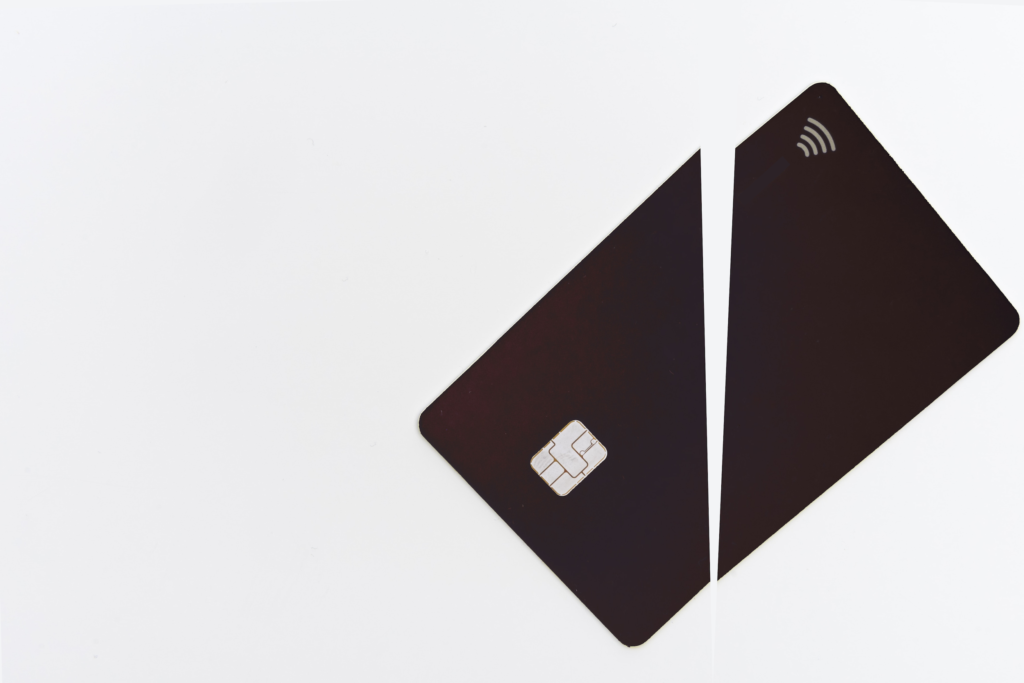Paying off credit cards can seem like a daunting task, but it is one of the most important steps you can take towards financial freedom. Here are some tips to help you pay off your credit cards and get on the path to financial stability.
Understanding Credit Card Debt
The first step to paying off your credit cards is to understand how credit card debt works. When you use a credit card, you are essentially borrowing money from the credit card company. If you don’t pay off your balance in full each month, you will be charged interest on the remaining balance. This interest can quickly add up, making it difficult to pay off your debt.
List Your Credit Card Balances and Interest Rates
To start paying off your credit cards, make a list of all your credit card balances and interest rates. This will help you understand how much you owe and which cards are costing you the most in interest. Focus on paying off the card with the highest interest rate first, while still making minimum payments on your other cards. Once you have paid off the card with the highest interest rate, move on to the card with the next highest interest rate.
Consolidate Your Credit Card Debt
Another strategy for paying off your credit cards is to consolidate your credit card debt into one loan with a lower interest rate. This can make it easier to manage your debt and help you save money on interest. There are several ways to consolidate your debt, including:
– Balance transfer credit cards: These cards allow you to transfer your balances from multiple credit cards onto one card with a low or 0% introductory interest rate. Keep in mind that after the introductory period, the interest rate will increase. Use sites like CompareTheMarket, MoneySupermarket or Money.co.uk to find the best deals.
– Personal loans: You can take out a personal loan to pay off your credit card debt. Personal loans typically have lower interest rates than credit cards, which can help you save money on interest. However, you will need to have good credit to qualify for a personal loan.
– Home equity loans: If you own a home, you may be able to use a home equity loan to pay off your credit card debt. Home equity loans typically have lower interest rates than credit cards, but they also require you to put your home up as collateral.
Adjust Your Spending Habits
It’s also important to adjust your spending habits to help pay off your credit cards. Look for areas where you can cut back on expenses, such as eating out or entertainment. Use the money you save to pay down your credit card debt. Read our blog on How to Budget. Here are some tips for cutting back on expenses:
– Cook at home: Eating out can be expensive. Try cooking at home instead. You can save money and eat healthier.
– Cancel subscriptions: Do you have subscriptions to magazines, streaming services, or other services that you don’t use? Cancel them to save money.
– Shop for deals: Look for sales and discounts when shopping for groceries, clothes, and other items. You can also use coupons and promo codes to save money.
Set Small Goals
To stay motivated, set small goals for yourself along the way. For example, aim to pay off a certain amount of debt each month. Celebrate your progress and keep track of your success. Here are some small goals you can set:
– Pay off one credit card: Focus on paying off one credit card at a time. Once you have paid off one card, move on to the next one.
– Reduce your debt-to-income ratio: Your debt-to-income ratio is the amount of debt you have compared to your income. Aim to reduce your debt-to-income ratio to below 30%.
– Increase your credit score: Paying off your credit cards can help improve your credit score. Set a goal to increase your credit score by a certain number of points.
Ask for Help
Finally, don’t be afraid to ask for help. Consider reaching out to Money Moxie Mentor for guidance and support. We can help you create a budget, negotiate with creditors, and develop a plan to pay off your debt. We are also here to provide emotional support and encouragement.
Remember, paying off credit cards takes time and effort, but it is worth it in the end. By following these tips and staying focused on your goal, you can become debt-free and achieve financial freedom.
